KARACHI: 2018 was the year of politics in Pakistan: a new political party, Pakistan Tehreek-e-Insaf, and a new leader, Imran Khan, came to power in a landmark general election that signalled victory against old-style dynastic politics. On the other hand, three-time prime minister and political survivor Nawaz Sharif was barred from politics over corruption by the country's top court and is currently in jail serving seven years for corrupt practices linked to the setting up of a steel mill. Ultra-right leader Khadim Hussain Rizvi, whose Tehreek-e-Labbaik Pakistan became the sixth largest party at the polls, kept the country on its toes with mass protests but was finally arrested for challenging the writ of the state. Asia Bibi, a poor Christian woman acquitted in a landmark blasphemy case after eight years on death row, still remains in protective custody. Leg-spinner Yasir Shah won the title of the fastest cricketer to take 200 Test wickets and Meesha Shafi unleashed Pakistan’s own #MeToo moment with allegations of sexual harassment against singer and actor Ali Zafar.
Here are some of the people who mattered most in Pakistani politics, society and sports, in 2018:
Imran Khan – The Man Who Would Be King
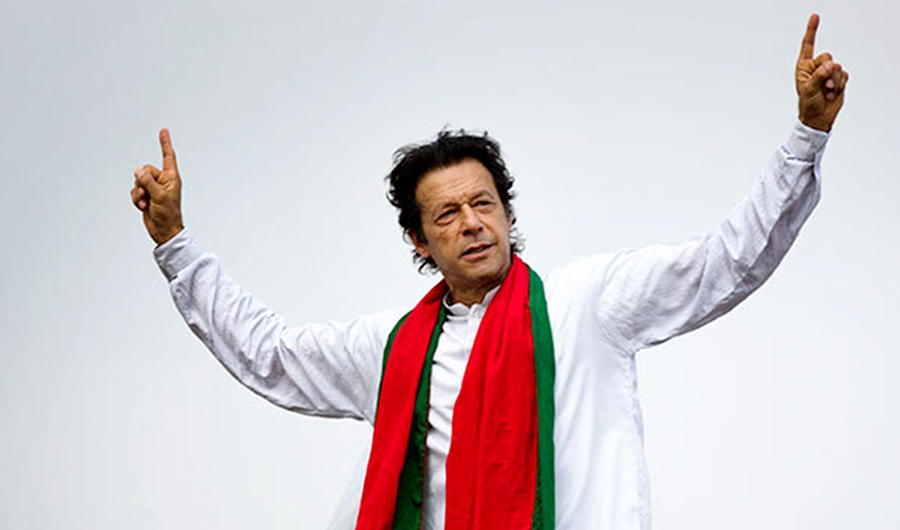
Sportsman-turned-politician Imran Khan was sworn in as the 22nd Prime Minister of Pakistan this August in what is the apogee of a 22-year-long political career spent prowling the margins of Pakistani politics and railing against the country’s corrupt, dynastic politicians. In the first four . months of his terms, he had made headlines for opening the Kartarpur border with India, a twitter war with U.S. President Donald Trump and bagging enough loans from Saudi Arabia, the U.A.E. and China.
Asia Bibi – Free, But In Chains

Asia Bibi, a poor Christian woman who was acquitted in October in a landmark blasphemy case, remains in "protective custody" of the state, unable to walk free because ultra-right extremists have threatened her life and mass protests across the country if she is released. Asia was the first Pakistani woman to be sentenced under the country's blasphemy laws in 2010. This year was her ninth Christmas unable to celebrate and worship as a free women.
Nawaz Sharif – The Perpetual Political Survivor
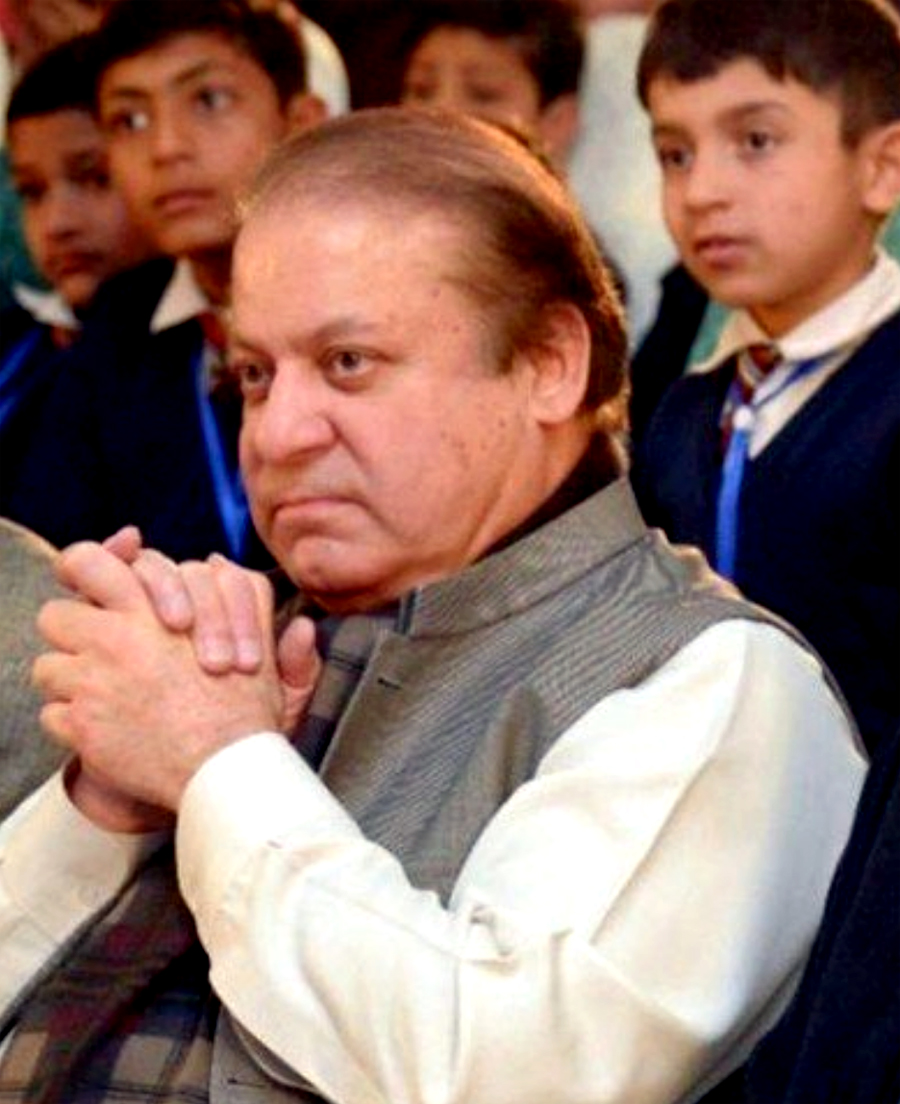
One of Pakistan's most high-profile politicians of the last four decades, Nawaz Sharif had a truly bad year. He was ousted from his third term as prime minister last year but this year was jailed for ten years in one case involving corrupt practices linked to the purchase of luxury London flats, and in another case related to the source of funds for setting up a steel mill. He has been prime minister three times and was unable to complete his term all three times, removed once by presidential order, then in a military coup, and finally by the country’s top court in July 2017. He is currently serving seven years in jail in the steel mills case.
Bushra Bibi – From Faith Healer To First Lady

Bushra Bibi is the first lady of Pakistan and the third wife of Prime Minister Khan. She is a faith healer from the Pakpattan district of Pakistan's Punjab province and has five children from a previous marriage. She is considered a great influence on the prime minister. Little is known about her daily routine, except that she is deeply spiritual and spends most of her time in prayers.
Maryam Nawaz – Heir Apparent On The Edge Of Prison
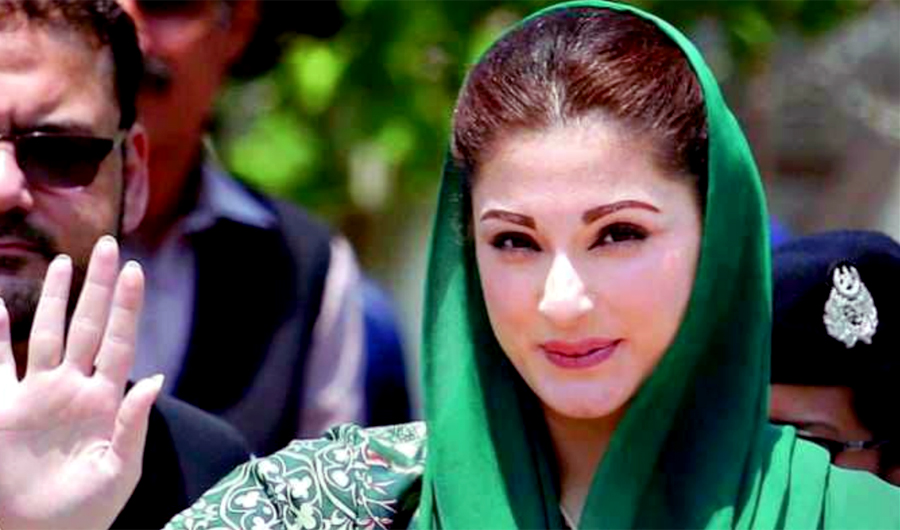
Maryam Nawaz is the daughter of former PM Nawaz Sharif and was jailed along with her father earlier this year in the London apartments' money trail case, though she is now out on bail. She leapfrogged several influential relatives to emerge in recent years as a long-term heir of her father’s Pakistan Muslim League party. She has been known for years as one of her father’s closest advisers, but more recently took a much more public role in the party’s leadership. Since being convicted in July, she has shied away from public life.
Khadim Hussain Rizvi – The Star Of Pakistan’s Ultra-Right
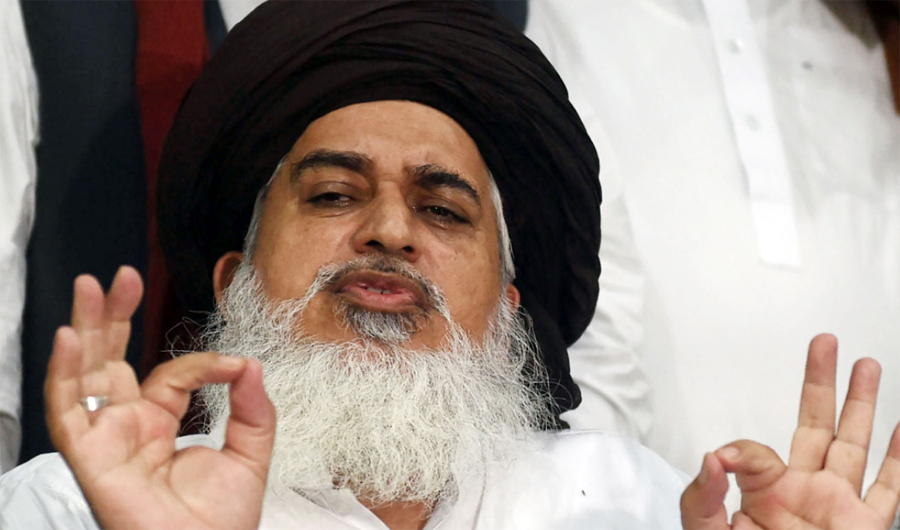
Foul-mouthed, wheelchair-bound cleric Khadim Hussian Rizvi shot to fame during protests against the 2016 execution of Mumtaz Qadri, a police guard who murdered a popular governor who spoke up against the country’s draconian blasphemy laws. This year he was in the news for leading protests against the acquittal of Asia Bibi, after which he called for the murder of the judges who had ruled in her favour and incited rebellion against the army chief. He was finally booked under terrorism charges earlier this month and is now in police custody.
Young Tribesman Becomes Voice of Pashtuns
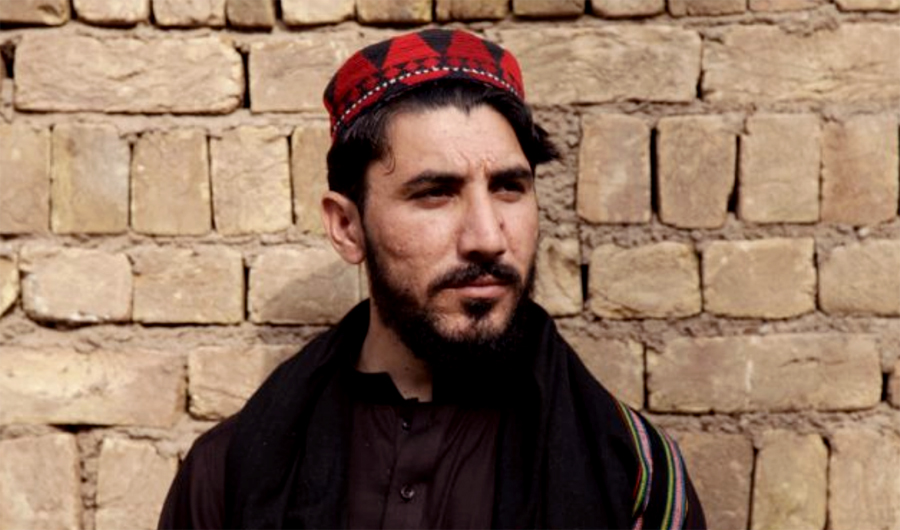
Tens of thousands of Pashtuns have defied authorities to attend rallies let by Manzoor Pashteen this year, demanding an end to what they allege are extrajudicial killings and abductions of ethnic Pashtun people. The protests have mushroomed into a wider movement, and Pashteen has emerged as its unlikely spokesman, speaking for people brutalised during military operations in Pakistan's tribal regions and asking for the return of hundreds who have 'gone missing'. Last month, the military warned that it would take action against the movement if it crossed a red line.
Yasir Shah – Fastest To 200 Test Wickets

Pakistani leg-spinner Yasir Shah became the fastest cricketer to take 200 wickets in the history of Test cricket, breaking an 82-year-old record on the fourth day of the third Test against New Zealand earlier this month. Shah reached this milestone in his 33rd Test, beating Australian leg-spinner Clarrie Grimmett’s record of 36 Tests achieved against South Africa in 1936.
Mullah Fazlullah – Pakistan’s Most Wanted Terrorist
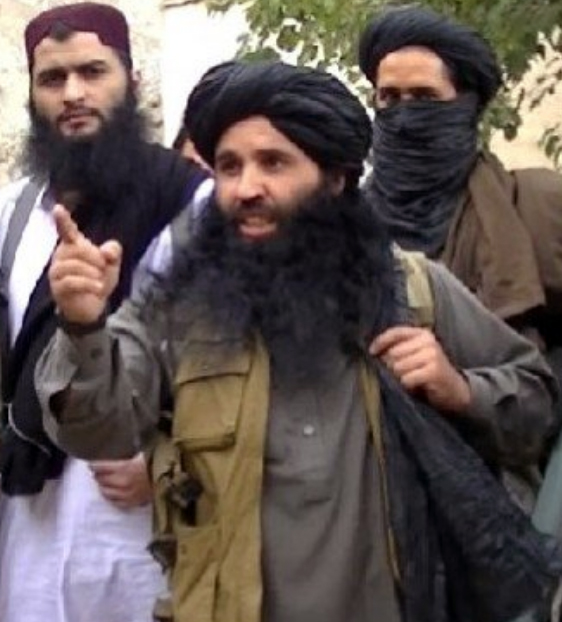
Mullah Fazlullah, the leader of the Pakistan Taliban (TTP), was the country’s most-wanted militant, notorious for attacks including a 2014 school massacre that killed 132 children and the 2012 shooting of schoolgirl Malala Yousafzai, who was later awarded the Nobel Peace Prize. He was in hiding in Afghanistan since 2009 and was killed in a U.S.-Afghan airstrike in June this year.
Asma Jahangir – The Conscience of Pakistan
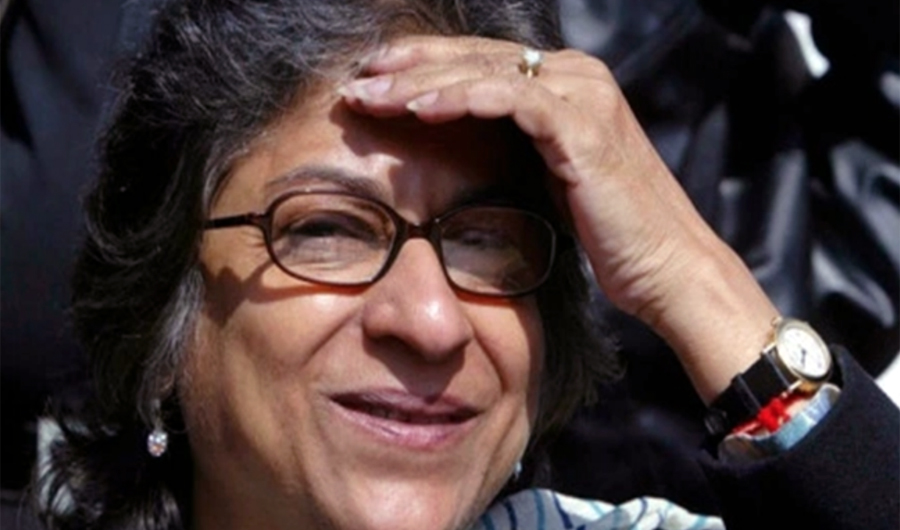
Asma Jahangir, Pakistan’s leading rights activist, staunch defender of rule of law and a fearless critic of the all-powerful army’s interference in politics died In February this year. She was a a human rights lawyer who won international fame for being the conscience of a country where liberal, secular voices have been suppressed for decades and defending the weak and the marginalized in society, particularly women and minorities.
Meesha Shafi - The Face Of Pakistan’s #MeToo

Singer and actress Meesha Shafi launched Pakistan’s version of the viral #MeToo campaign that has exposed sexual harassment around the world and created a public platform for victims and their supporters. Shafi accused Pakistani superstar Ali Zafar of sexually harassing her, an allegation he denies. Though several Pakistani celebrities have come forward to reveal their personal experiences of child sexual abuse, Shafi’s statement against Zafar was the first instance of a Pakistani entertainer publicly calling out a peer for sexual misconduct and ignited a much needed public debate.
















